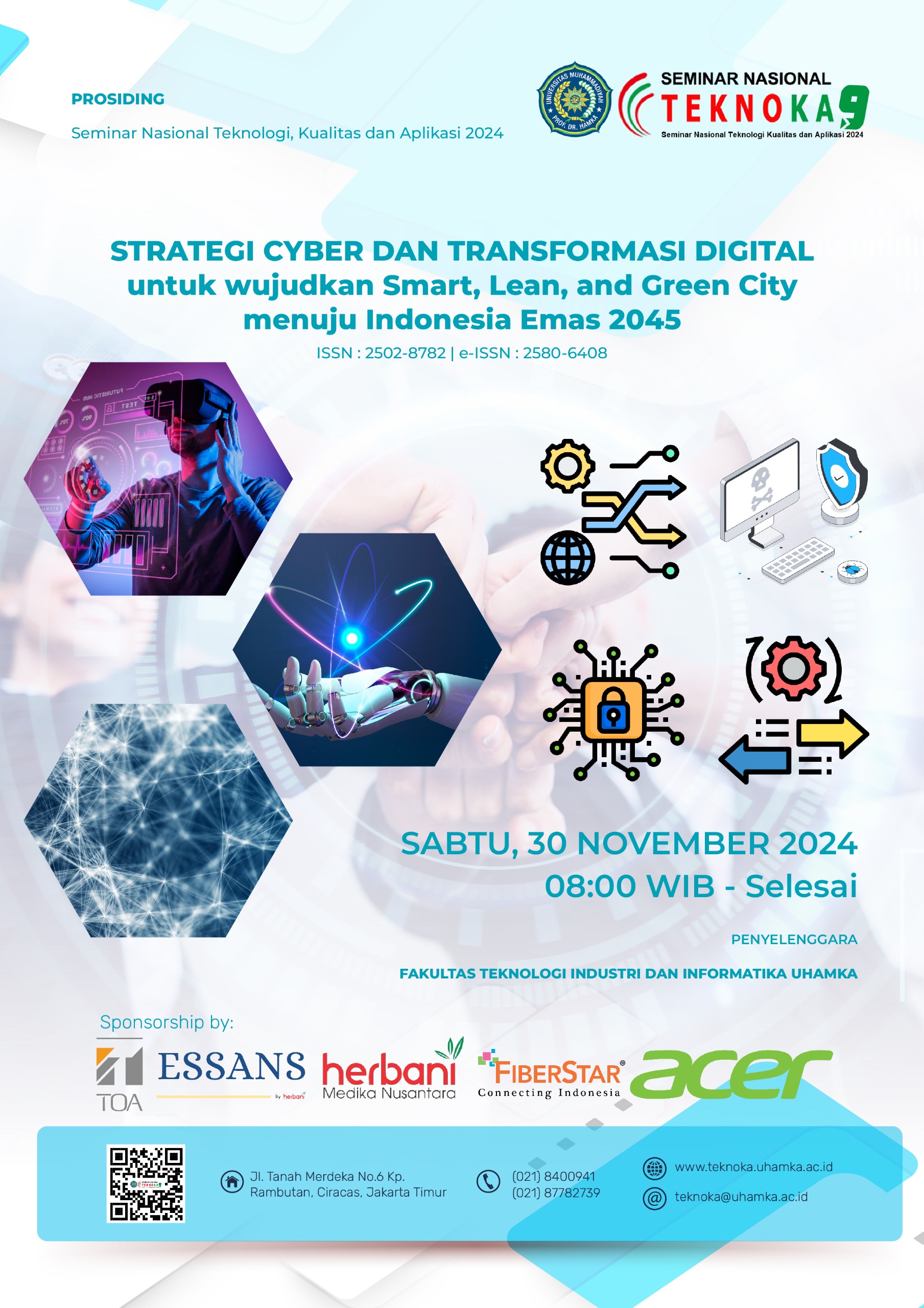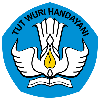Analisis Clustering Kasus Bunuh Diri di Jawa Tengah dengan Menerapkan Algoritma K-Means
DOI:
https://doi.org/10.22236/teknoka.v9i1.17559Keywords:
Klasterisasi, K-Means, Bunuh Diri, CRISP-DMAbstract
Suicide is a deliberate act intended to end one’s life. In Indonesia, this phenomenon remains prevalent and is influenced by various factors, such as psychological conditions, economic pressures, social issues, and environmental factors. This study aims to identify patterns of suicide cases using Clustering techniques, with data sourced from the Semarang and Boyolali Police Departments. The three main variables analyzed are age range, suicide method, and location of the incident. The CRISP-DM approach is applied for data processing, and the K-Means algorithm is used to group relevant data based on these variables. A Silhouette score of 84% indicates a good separation between clusters. Visualization with Principal Component Analysis (PCA) is used to map the clusters more comprehensively. The most vulnerable group to commit suicide is individuals in the productive age range, who tend to use hanging as the method and do so in private homes. This study is expected further insights into the suicide phenomenon in Indonesia.
Downloads
References
D. Novita, “Kesehatan Mental - Penyebab, Gejala, Dan Cara Mengobati - Klikdokter.” Accessed: May 18, 2024. [Online]. Available: Https://Www.Klikdokter.Com/Penyakit/Masalah-Mental/Kesehatan-Mental
A. Zulaikha And N. Febriyana, “Bunuh Diri Pada Anak Dan Remaja,” Jps, Vol. 7, No. 2, P. 62, Dec. 2018, Doi: 10.20473/Jps.V7i2.19466.
“Setiap Jam, Satu Orang Bunuh Diri.” Accessed: May 18, 2024. [Online]. Available: Https://Health.Kompas.Com/Read/2016/09/08/140000323/Setiap.Jam.Satu.Orang.Bunuh.Diri
H. Mallo And D. Ronda, “Analisis Faktor Penyebab Utama Kecenderungan Bunuh Diri Di Kalangan Remaja Yang Berusia 15-17 Tahun Di Makassar”.
S. Suryadi, “Penerapan Metode Clustering K-Means Untuk Pengelompokan Kelulusan Mahasiswa Berbasis Kompetensi,” Informatika, Vol. 6, No. 1, Pp. 52–72, Oct. 2019, Doi: 10.36987/Informatika.V6i1.738.
P. M. C. Abrianto, “Penerapan Metode K-Means Clustering Untuk Pengelompokkan Pasien Penyakit Liver,” Vol. 2, No. 2, 2018.
K. Kunci, “The Role Of Mental Health As A Moderator Of Suicidal Tendencies Abstract”.
D. Febrianti And N. Husniawati, “Hubungan Tingkat Depresi Dan Faktor Resiko Ide Bunuh Diri Pada Remaja Smpn,” J. Ilm. Kesehat., Vol. 13, No. 1, Pp. 85–94, Mar. 2021, Doi: 10.37012/Jik.V13i1.422.
K. Y. Kusuma, “Faktor Penyebab Kecenderungan Bunuh Diri Dikalangan Remaja Toraja,” Vol. 2, 2022.
N. Rahmawati, M. H. E. Pramesty, F. Karno, U. Aprilia, And A. Hapsery, “Klasterisasi Kesehatan Ibu Dan Anak Di Indonesia Dengan Menggunakan Algoritma K-Means”.
Y. Elda, S. Defit, Y. Yunus, And R. Syaljumairi, “Klasterisasi Penempatan Siswa Yang Optimal Untuk Meningkatkan Nilai Rata-Rata Kelas Menggunakan K-Means,” Jidt, Pp. 103–108, Sep. 2021, Doi: 10.37034/Jidt.V3i3.130.
S. Dasgupta, N. Frost, M. Moshkovitz, And C. Rashtchian, “Explainable K-Means And K-Medians Clustering”.
M. Ahmed, R. Seraj, And S. M. S. Islam, “The K-Means Algorithm: A Comprehensive Survey And Performance Evaluation,” Electronics, Vol. 9, No. 8, P. 1295, Aug. 2020, Doi: 10.3390/Electronics9081295.
I. Virgo, S. Defit, And Y. Yuhandri, “Klasterisasi Tingkat Kehadiran Dosen Menggunakan Algoritma K-Means Clustering,” Jsisfotek, Pp. 23–28, Mar. 2020, Doi: 10.37034/Jsisfotek.V2i1.17.
Downloads
Published
How to Cite
Issue
Section
License
Copyright (c) 2024 Prosiding Seminar Nasional Teknoka

This work is licensed under a Creative Commons Attribution-NonCommercial-ShareAlike 4.0 International License.






 Supported by :
Supported by :



